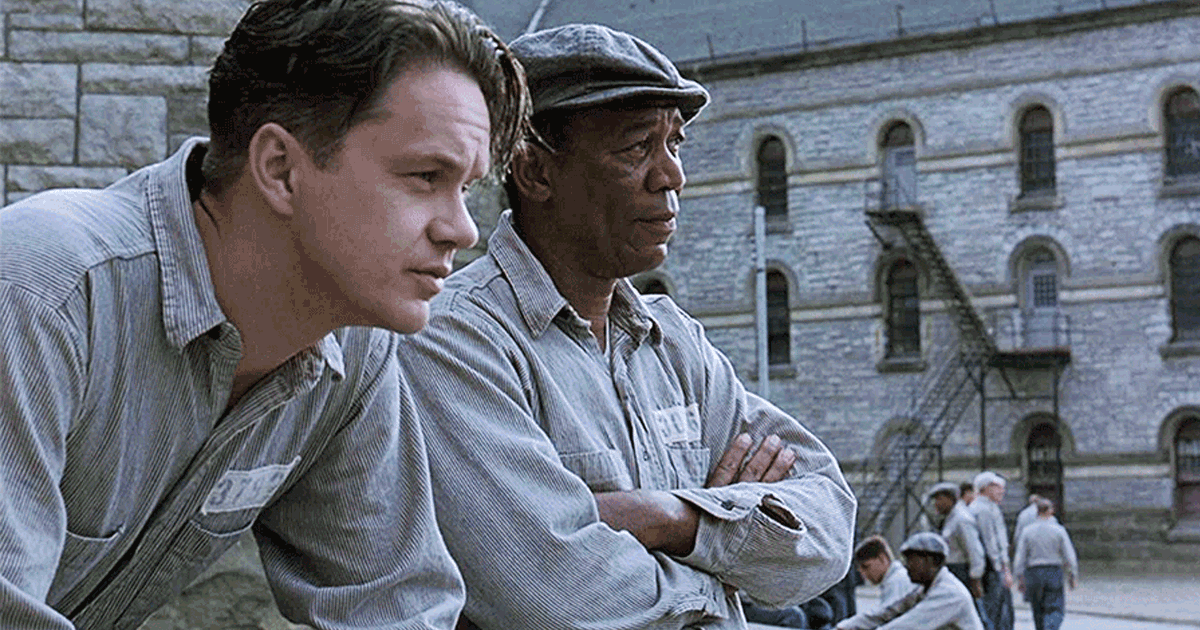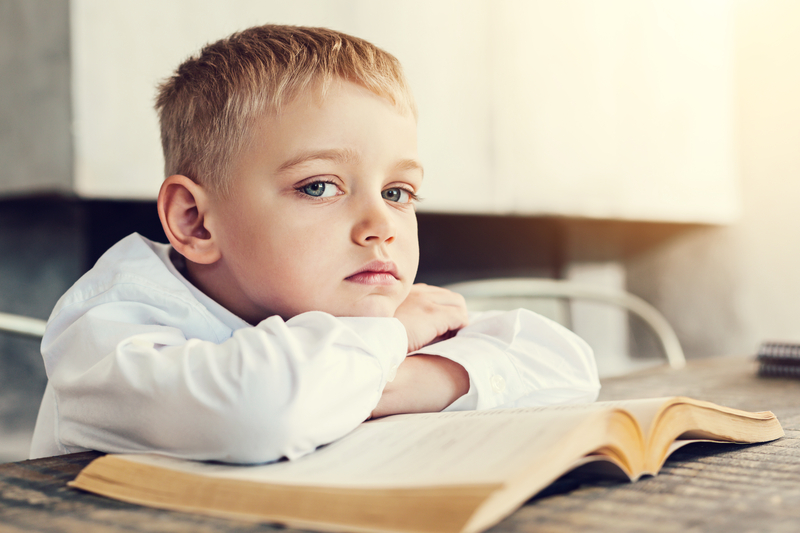What Does Primary Residence Mean And Why Is It Important?
When I talk to people about child custody orders and parenting time schedules, the topic of ‘primary residence’ sometimes comes up; in particular, parents want to know if it’s important for them to be dubbed the parent with ‘primary residence’ of their child. Great question!
Not so easy to answer though. That’s because there’s no definition that we know of! So, while it sure sounds nice to say “I’m the parent with ‘primary residence’ of my child”, we don’t know what that actually means!
That’s because the term ‘primary residence’ has no definition in Minnesota law. The Court of Appeals noted this in its 2014 decision, Suleski v. Rupe, 855 N.W.2d 330, 335 (Minn. Ct. App. 2014).
Even though the term ‘primary residence’ has no definition, it’s hardly a throwaway term. That’s because Minnesota law makes a child’s ‘primary residence’ more than a little important when figuring out how often a parent gets to see their child. Here’s why.
Changing Parenting Time Schedules – The Weight of ‘Primary Residence’
In Minnesota a court can change a parenting time schedule if the change would serve the child’s best interests, but only if that change doesn’t affect the child’s primary residence. See Minn. Stat. §518.175 subd. 5(b). If the change would affect the child’s primary residence, then a different analysis (something other than what is in a child’s best interests) applies. So this makes knowing what a child’s primary residence is, kind of important; since we know the court is going to want to know if the child’s primary residence is going to be affected any time a parent wants to change a parenting time schedule. That’s why knowing what ‘primary residence’ actually means, would be helpful.
Thankfully, the courts are all over this! Yeah Courts!! In Suleski v. Rupe (mentioned above) the Court of Appeals looked at this issue, and agreed that the legislature gave us nothing to work with when it coined the term ‘primary residence’. What Suleski determined was that ‘primary residence’ is the “principal dwelling or place where the child lives.” That makes sense, but wait! There’s more…
In determining the principal “place where a child lives,” it must be recognized that there are many aspects to a child’s life. Although spending time with parents may be an important aspect, other aspects can include:
-spending time with other family members
-practicing religion
-attending school
-participating in extracurricular activities, and
-socializing with peers.
All of those activities are important parts of a child’s life and should not be ignored when determining the principal place where the child lives. So, the places where a child engages in those activities are relevant considerations when determining a child’s primary residence.
While in most cases, a child’s ‘primary residence’ will be the home of the parent where the child spends the majority of her time. But, it’s not so clear where there’s a schedule in play that has the child spending equal time in her parents’ homes.
Abandoning a Mathematical Approach
This discussion adds a more fluid element to the concept of primary residence, since if we just took a mathematical approach to determining primary residence (more time = ‘primary residence’) then the court could bypass any discussion of whether a change in parenting time is in a child’s best interests, and this would be inconsistent with the ‘guiding/bedrock principle’ in all child custody (and parenting time) cases. Pikula v. Pikula, 374 N.W.2d 705, 711 (Minn. 1985).
The discussion may not be final on the question of what ‘primary residence’ means, and, why it is important, or unimportant. But, we can say at the very least that the term can be impactful in any discussion that involves spending time with your child.
Please contact Beyer Simonson if you have questions about ‘primary residence’ or parenting time and child custody concerns.
Contact Beyer & Simonson
If you are facing divorce and any of the divorce-related issues such as spousal maintenance, child support, child custody, property division, or domestic abuse matters, you need our experienced Minneapolis divorce attorneys to help you. Contact Beyer & Simonson in Edina, Minnesota today at (952) 303-6007.



